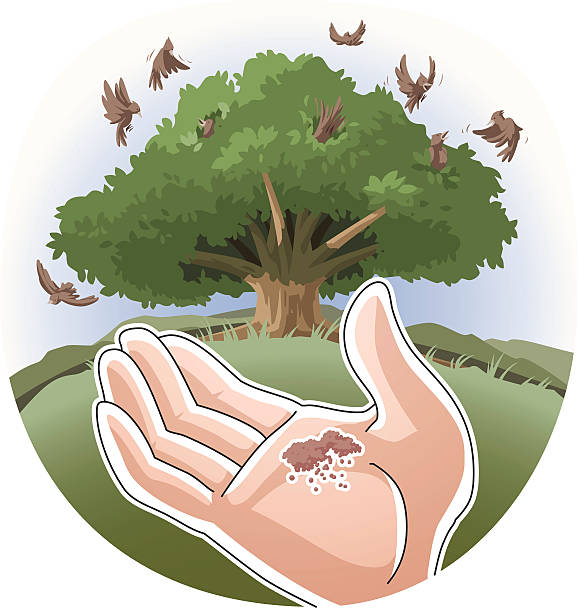“The Kingdom of heaven is like a mustard seed… but when it is grown, it is greater than the herbs and becomes a tree” (Matthew 13:31-32)

You know this parable. But do you know what Jesus was really saying? Most translations miss the profound Hebrew wordplay that would have made Jesus’s audience gasp. When He said “mustard seed,” He wasn’t just talking about size.
The Hebrew word for “small” (katan) doesn’t just mean tiny. It often implies something insignificant or despised. When Scripture speaks of something becoming “great” (gadol), it frequently describes God’s miraculous intervention.

This is God’s pattern throughout Scripture. He chooses the katan (small, despised) to accomplish the gadol (great, mighty). Think of David versus Goliath, or God choosing Israel as the smallest of nations.
And this same katan to gadol pattern echoes through every promise in Scripture, from God’s shalom that transforms brokenness into wholeness, to His chesed (lovingkindness) that turns rejection into covenant love.
What seems small today: each insights, each lesson, is building toward the moment when all of Scripture explodes with meaning you never imagined.

“Matthew 13:31, Mark 4:30-32, Luke 13:18-19”
Israel Bible Center Team


